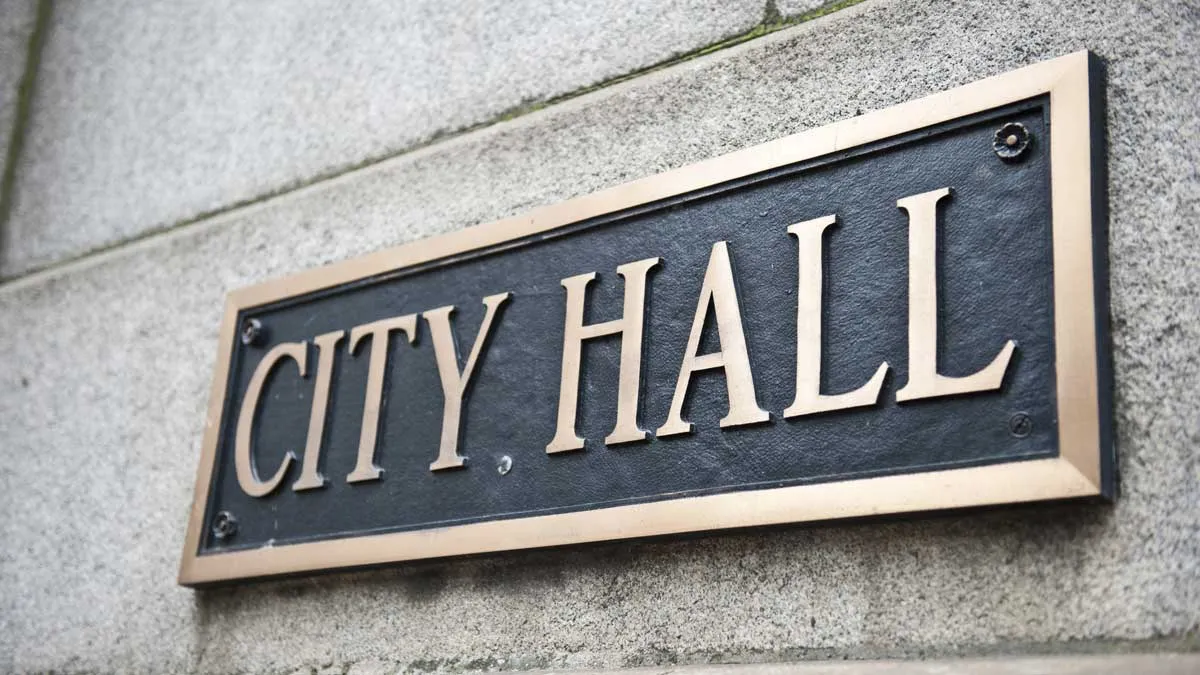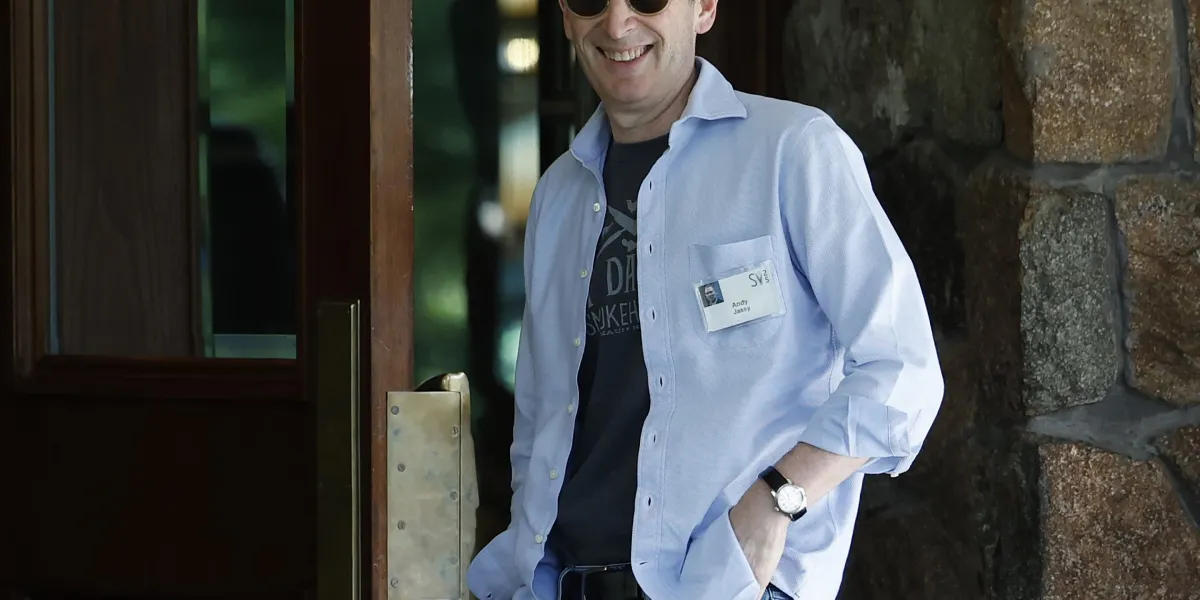Copyright NBC 5 Chicago

Is the City of Chicago doing everything it can to cut expenses before it starts raising new revenue? That was the topic of a special city council session Monday afternoon at City Hall. "The city didn't get here overnight, and the structural reform won't happen overnight,” Budget Director Annette Guzman told the council's alders, saying her office is taking 2026 as only the first year in a multi-year plan. The meeting was called after a $3 million report from Ernst and Young came to light, outlining efficiencies that could help Chicago close its billion-dollar gap in its $16 billion 2026 budget. Among the options in the report: consolidating city purchasing and fleet management, streamlining city departments and better managing health care costs. Ald. Ray Lopez from the 15th Ward is among those wondering why more of those options weren't implemented. "There are hundreds of millions of dollars in the Ernst and Young report in duplicity of city services and excess," Lopez said. Civic Federation President Joe Ferguson said the city council should reject Mayor Brandon Johnson's budget. "The budget relies on borrowing for operating costs," he said. "It is scraping, digging massive amounts of money that [are] one-time revenue sources in order to plug a hole." The mayor's budget is built around a number of controversial proposals, including a new tax on hemp products and a $21-per month per employee head tax that could raise $100 million annually. The hemp tax could become instantly obsolete if the federal government follows through on a planned ban on such products. The business community has criticized the head tax calling it a "job killer." Johnson said the budget reflects his priorities. "The cuts people are talking about," Johnson said Monday, "they cut our corporate fund, which overwhelmingly funds our public safety efforts." "I am not going to put forward a budget that drives down our work driving down violence in the city of Chicago," he said. His plan was endorsed by his long-time ally, Chicago Teachers Union and Illinois Federation of Teachers President Stacy Davis-Gates. In a statement, Davis-Gates said Chicagoans want to tax the rich and not be charged more by the city. Some alders have expressed doubt that the mayor's budget, in its current form, will pass the City Council. The city council must have an approved city budget by Dec. 31 in time for the start of the 2026 fiscal year.



